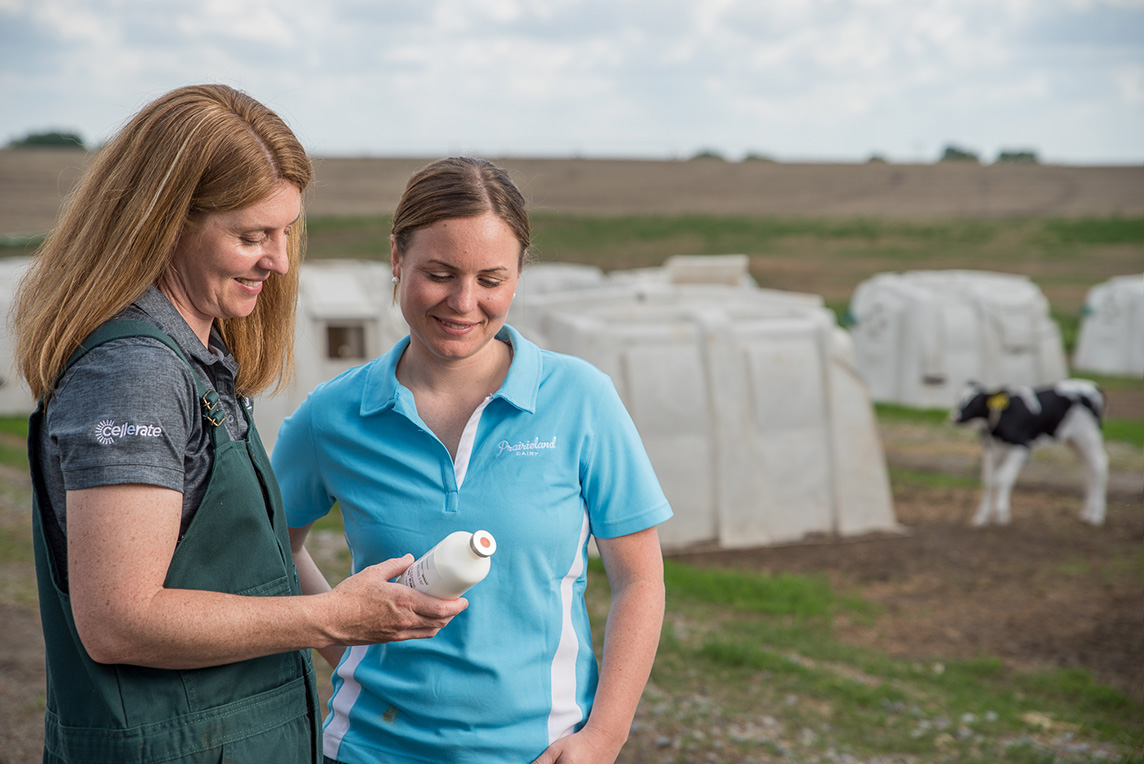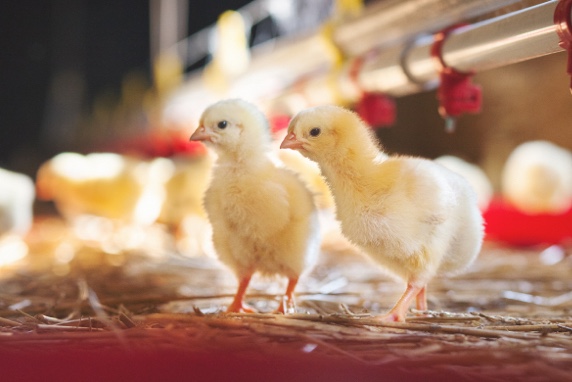Vaccines

Mumps, diphtheria, shingles, smallpox, tetanus, coronavirus, flu – these are just a few of the many different types of vaccinations available to help keep us healthy. Vaccination is a simple, safe and effective way to protect us from diseases before we come into contact with them. Vaccinations use your body’s natural defenses to build resistance to specific infections we may encounter and make your immune system stronger and better able to fight disease.
Vaccines basically train your immune system to create antibodies, just as it does when it’s exposed to a disease. However, because vaccines contain only inactive or weakened forms of germs like viruses or bacteria, they do not cause the disease or put you at risk of its complications.
Vaccines and Animals
Just as they protect human health, animal vaccines play a key role in protecting animal health. A bonus is that they further contribute to public health through a safer food supply. While we get vaccines to protect us from diseases, they’re also used on the farm to keep animals healthy and protect them from pain and suffering – or at least lessen the effects of various diseases. In any case, vaccinations do two important things: keep animals healthy and make food safer.
Vaccinations over the last century have prevented death and disease in millions of animals, according to the American Veterinary Medical Association. Vaccinations are commonly used to protect pets from highly contagious and deadly diseases like rabies, parvovirus, distemper and kennel cough. Livestock and poultry such as chickens, turkeys, pigs and cattle are vaccinated to protect against diseases like rotavirus, E. coli, pinkeye and infectious bronchitis. Veterinarians have access to general vaccines to treat such conditions, but for certain diseases, autogenous vaccines are available. They are tailor-made in the lab by isolating disease-causing pathogens from a farm to create a custom vaccine.
The rabies vaccine is an example of a highly successful animal vaccine that also positively impacts people. Rabies might be the oldest infectious disease known to man. By vaccinating animals, human rabies has nearly been eliminated in developed countries. But more than 50,000 people die of rabies every year in Asia and Africa and studies indicate a majority of those cases are due to people being bitten by dogs that have not been vaccinated.
An example of a vaccine victory on the animal health side occurred in 2011. The World Organisation for Animal Health declared rinderpest (also known as “cattle plague”), an ancient and deadly disease among cattle, officially eradicated throughout the world thanks primarily to vaccinations.
Other Vaccine Benefits
 You might be surprised to learn that vaccines contribute to a safe food supply. For example, vaccines may decrease incidents of salmonella in chickens, which can make eggs safer. Rest assured that meat, milk and eggs from vaccinated animals are safe to eat. Just like with other medications, veterinarians and farmers must adhere to specific withdrawal times (minimum time required between the last dose of the medication and the production of meat, milk, eggs, fish or honey) to ensure our food supply is safe to consume.
You might be surprised to learn that vaccines contribute to a safe food supply. For example, vaccines may decrease incidents of salmonella in chickens, which can make eggs safer. Rest assured that meat, milk and eggs from vaccinated animals are safe to eat. Just like with other medications, veterinarians and farmers must adhere to specific withdrawal times (minimum time required between the last dose of the medication and the production of meat, milk, eggs, fish or honey) to ensure our food supply is safe to consume.
Vaccines also help prevent diseases that might otherwise require antibiotic treatment. A shared goal throughout the agricultural community is to keep animals healthy and reduce the need for antibiotics, while ensuring they are available when needed to responsibly address animal suffering. Vaccines help to achieve this goal.
Vaccines help our environment, too. How? When left unvaccinated, animals exposed to a disease are more likely to get sick or even die. In turn, that requires more animals to be raised to meet global demand, and more food and water to produce the same amount of consumable meat, milk and eggs. The more animals there are to feed, the more grain must be grown, which requires more fertilizer, water and acres of land. Keeping animals healthy is simply more sustainable and helps to keep costs low in the supermarket.
Vaccine Safety
Misinformation circulating about vaccines is intended to create fear and anxiety. So-called “anti-vaxxers” blame vaccinations for a wide range of health problems. The bottom line is this: preventing animal sickness and suffering by administering vaccines is the ethical thing to do. And the public can trust vaccines are safe because they are highly regulated and undergo extensive trials and testing. The USDA Center for Veterinary Biologics, part of the USDA Animal and Plant Health Inspection Service (APHIS), regulates animal vaccines and sets a high bar for approval. The agency ensures that vaccines and other products used to diagnose, prevent and treat animal diseases are pure, safe, potent and effective. It also provides oversight of the dedicated scientists developing vaccines, and the manufacturers producing and distributing vaccines.
Veterinarians take an oath that includes protecting animal health and promoting public health. Vaccines are a tool that helps them do both.
Preventing sickness or lessening its impact on animals by administering vaccines is the ethical thing to do. In essence, vaccines are an important tool to improve animal health, and they contribute to human food safety.